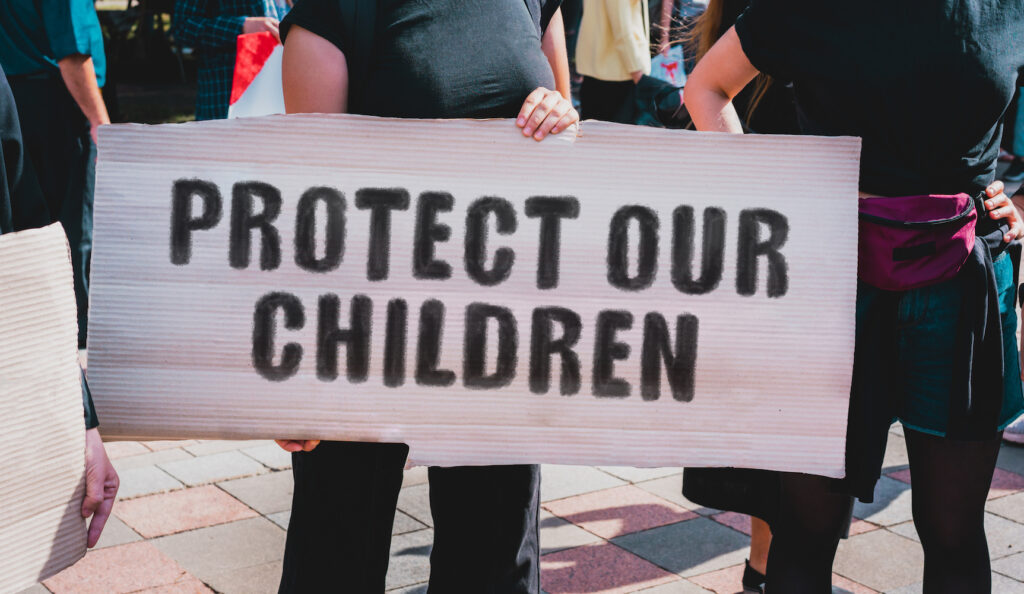ACLU takes aim at parental rights in Iowa with new lawsuit defending sexual content in schools
The American Civil Liberties Union (ACLU) of Iowa filed a lawsuit in federal court Tuesday, taking aim at the state’s parental rights bill signed into law by Gov. Kim Reynolds in May.
The new…

The American Civil Liberties Union (ACLU) of Iowa filed a lawsuit in federal court Tuesday, taking aim at the state’s parental rights bill signed into law by Gov. Kim Reynolds in May.
The new law forbids the discussion of gender identity and sexual orientation in kindergarten through 6th grade. It also requires schools to remove any books containing “descriptions or visual depictions of a sex act” from their libraries, except for religious books or texts. Additionally, the law requires parental notification when a student wants to change pronouns or their name.
Reynolds declared the bill a big win for parental rights in the state when she signed it.
“This legislative session, we secured transformational education reform that puts parents in the driver’s seat,” she said in a statement.
However, the ACLU and Lambda Legal, its partner in the lawsuit, claim the law violates students’ First Amendment rights and “seeks to silence LGBTQ+ students, erase any recognition of LGBTQ+ people from public schools, and bans books with sexual or LGBTQ+ content.”
They further claim the law has created an “unsafe” environment for LGBTQ+ students in the state, potentially causing them to be “kicked out of their home, or subject to abuse as a result.”
The suit also claims the law has placed an undue burden on schools, arguing school administrators have reported difficulty in adhering to the new law. For this reason, the plaintiffs are asking the court to grant a temporary injunction until the issue of constitutionality is ultimately decided.
The governor has responded, characterizing the suit as an attempt to defend pornography in schools.
“Protecting children from pornography and sexually explicit content shouldn’t be controversial,” Reynolds said. “The real controversy is that it exists in elementary schools.
“Books with graphic depictions of sex acts have absolutely no place in our schools. If these books were movies, they’d be rated R. The media cannot even air or print excerpts from these books because the content is offensive and inappropriate, yet they promote the narrative that they’re good for kids.”



